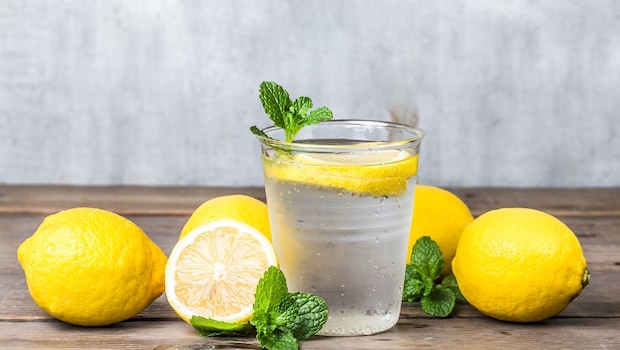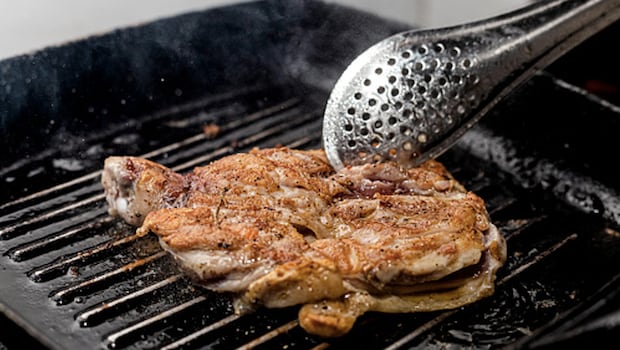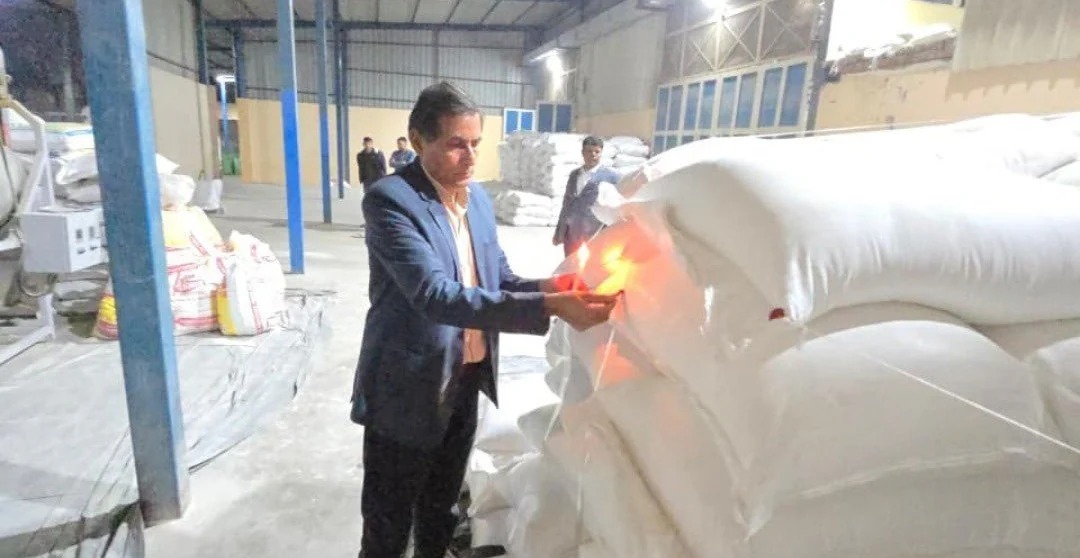Exercising in hot and humid weather can be invigorating, but the heat presents challenges and increases the risk of overheating. A smart approach to nutrition, hydration, and exercise timing can help you stay on track while protecting your body. High temperatures increase fluid loss, oxidative stress, and the need for specific nutrients to support energy, endurance, and recovery. Here's how to eat before and after your workout to perform your best and recover faster.
Also Read: Working Out? Add These 5 Common Veg Foods To Your Diet For Muscle Gain
Pre-Workout Diet: 30-90 minutes before exercise
The goal is to provide quick energy, prevent dehydration, and reduce oxidative stress. Complex carbs fuel muscles, while minerals like potassium and magnesium help prevent cramps. Exercising produces a lot of oxidative stress, and heat adds to this metabolic stress. To counter this, a snack rich in Vitamin C and polyphenol compounds is a good choice.
Some easy suggestions:
- Banana with peanut butter: Carbs + potassium + healthy fats
- Oats with berries and honey: Slow-digesting carbs + antioxidants
- Smoothie with banana, spinach, yoghurt, and chia seeds: Balanced blend of carbs, protein, and micronutrients
Hydration: Start well-hydrated with 500 ml of water or an electrolyte-rich drink like fresh lemon water or diluted sugar-free apple juice, 30-60 minutes before activity.

Drinks like lemon water keep you hydrated.
Photo Credit: Canva
Post-Workout Diet: 30-45 minutes after exercise
The goal is to replenish glycogen, rehydrate, and repair muscles. Aim for 15-25g of quality proteins to aid muscle repair. A healthy mix of simple and complex carbs will replenish glycogen stores and maintain energy levels. Electrolytes like sodium, potassium, and magnesium are crucial to rebalance what's lost in sweat.
What to Eat:
- Grilled chicken salad with quinoa, colourful veggies, and olive oil dressing: Protein + carbs + antioxidants + healthy fats
- Paneer wrap with mixed veggies and a whole-wheat base: High-protein vegetarian option
- Protein shake with milk, banana, cocoa, and flaxseeds: Quick recovery option. Here are some more recipes for weight loss protein shakes.
- Water + Electrolytes: Rehydrate with water enhanced with a pinch of salt and lime, or natural coconut water.
Special Nutrition Tips for Summer Workouts
- Add citrus: Oranges, lemons, and limes offer both hydration and Vitamin C, boosting collagen and immunity.
- Include herbs: Mint, coriander, and basil are cooling, rich in flavonoids, and add a refreshing flavour. They also help prevent bloating.
- Cold soups and smoothies: These are great post-workout options to cool down while replenishing fluids and nutrients.
- Watch portion sizes: In the heat, digestion slows down-keep meals lighter but nutrient-dense.
Also Read: Post-Workout Foods: 5 Healthy Recovery Foods That Reduce Muscle Soreness

Add lean protein to make your diet healthier.
Photo Credit: iStock
While maintaining an active lifestyle, we naturally produce an increased number of free radicals. Including a variety of antioxidant-rich foods helps protect against cell damage, reduce muscle soreness, improve recovery, and may even enhance performance. Here are some easy foods that offer significant benefits.
Anti-oxidant foods for a workout diet:
- Blueberries: Anthocyanins and Vitamin C
- Watermelon: Lycopene
- Spinach: Beta-carotene and Lutein
- Tomatoes: Lycopene and Vitamin C
- Green tea: Catechins
- Dark chocolate (70%+): Flavonoids
- Almonds: Vitamin E
Workouts in high temperatures demand smart choices. Strategic meal timings that incorporate cooling foods, proper hydration, the right food combinations, and a focus on antioxidants will protect your body from the added stress. Whether you're doing a morning run or an evening yoga session, the right nutrition can keep your energy up and your recovery smooth.
About Rupali DattaRupali Datta is a Clinical Nutritionist and has worked in leading corporate hospitals. She has created and lead teams of professionals to deliver clinical solutions for patients across all medical specialties including critical care. She is a member of the Indian Dietetic Association and Indian Association of Parenteral and Enteral Nutrition.








